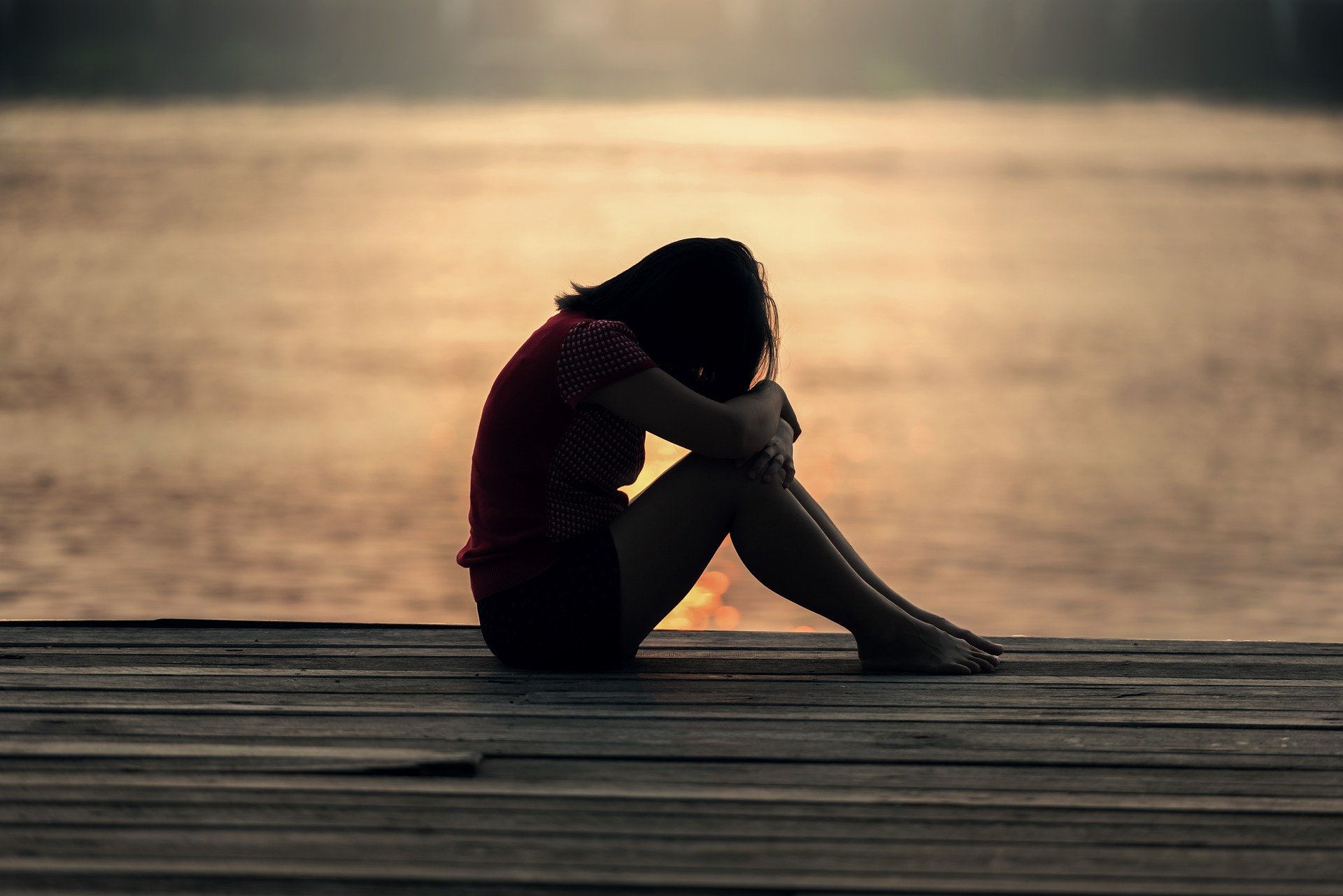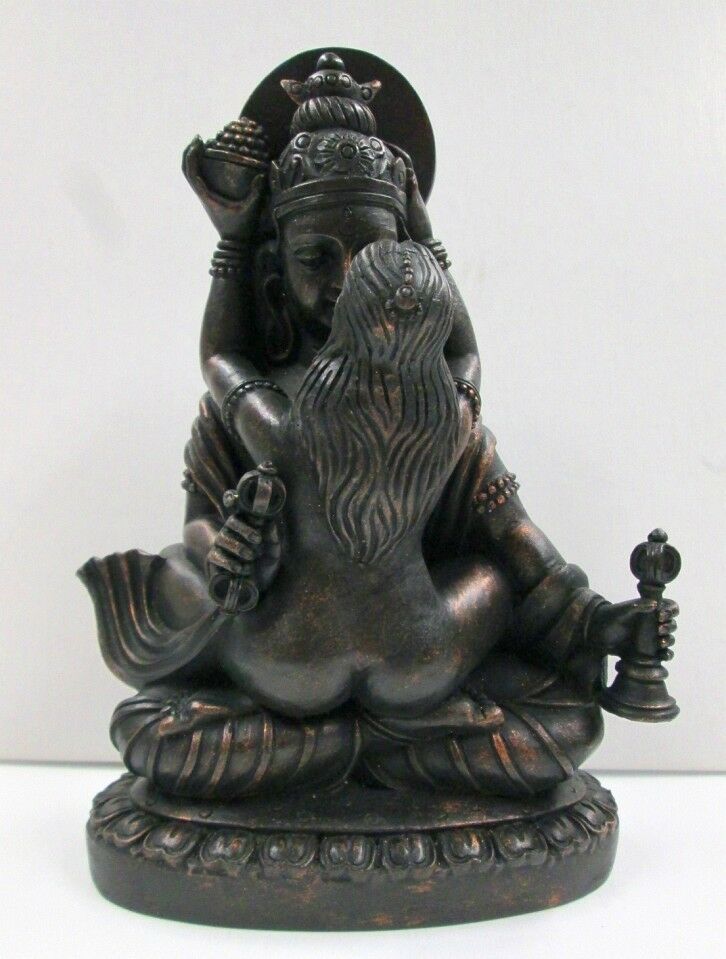Alongside insecurity, anxiety and self-centeredness, one of my greatest emotional challenges in life has been anger. And while it was much worse in my teens and twenties, it still tests me. Even just a couple of years ago, when I was living in Hawaii, there were days when I just woke up with an unshakable and debilitating irritability and animosity towards everyone and everything, for no immediately obvious reason. And this was particularly disheartening because, at the time, I felt that I had everything for which I could ever wish; I was living where I had always dreamed of living and had a wonderful partner, all the time I desired for investing in my practices, meaningful and successful work that generated more than enough income to support our modest but very comfortable life – not to mention surfboards, paddle boards, hiking shoes, climbing gear, and the perfect environment in which to use them all, every single day. And here I was, waking up exasperated and resentful of a life that was failing to fulfill me, compounded by all the guilt and shame that resulted from judging myself for feeling this way. It was a horribly difficult time, but it did teach me at least one important lesson: anger won’t disappear at some point in the future, when external conditions are perfect. More on this later.
Eventually my life went through some incredible and intensely painful revolutions that shook me to the core of my being and ultimately led to some of the most consistent and stable periods of happiness in my life to date. Of course, there have still been easier and harder days, and sometimes whole weeks went by with intense challenges – but even then there was an unshakable sense, deep in my gut, that there was really nothing to lose, and that since I had overcome worse times, I will certainly overcome these. And then, a couple of days ago, almost a month into the strict confinement of Spain’s emergency lockdown, I was overcome by anger that overwhelmed me, and for that very reason terrified me as well. Oh, shit. Not this again.
One thing, at least, was different – my reaction. Back in Hawaii, my poor partner would see me suffering, but eventually learned to just give me a wide berth, because when she would try to help, I would bite her head off. Imagine the intensity of guilt that results from responding aggressively towards the very person who tries to help. And perhaps you don’t need to imagine it. I suspect that most (if not all) of us have been guilty of just that. And then on top of it all was the fact that I had writings and videos out there teaching people about transcending emotionality. At times I felt like a complete fraud.
At least this time I managed to be gentle with my partner though it all. Aside from the insights of non-duality and some of the teachings of the Buddha, one system into which I have gained significant insight over these last few years is the Three Dosha Theory of Ayurveda. According to Dosha Theory, everything in reality manifests in order, from subtle to gross, represented (to simplify a bit) by the metaphors of wind, fire and earth. Emotional reactivity is no exception, and can also predictably evolve from “windy” anxiety and insecurity to “fiery” anger and aggression, which then leads to a kind of “muddy” wallowing in guilt and shame (vata, pitta, kapha). Empowered by years of consistent immersion in these insights, as well as by lots of time spent listening to teachings from Buddhism and Advaita, this time I was gifted with the remembrance that comes from familiarization with, and mindfulness of, the laws of consequence: if I didn’t want the misery of guilt and shame, I must allow myself to feel my anger, rather than acting out or suppressing it.
Then, by some grace, two more elements manifested to help me through the challenge. The first was that one of my best friends (who also happens to be my nephew) called to ask for my help and guidance with a dilemma relating to his business and personal life. Just trying to help him began to uplift me almost right away, and at least one of the insights that he later told me had indeed helped him emerged directly from familiarization with the teachings. I reminded him of the insights of Plato and Aristotle thousands of years ago (not to mention the Buddha another half a millennium before them) that nothing but happiness is desired for its own sake, and thus all that we ever desire is for the sake of happiness (in the sense of contentment, well-being, peace and freedom from suffering). This also relates to the realization that anger won’t disappear at some point in the future, when external conditions are perfect. Like freedom from anger, happiness too is not a result of some ideal external conditions, but rather a state of mind that expresses a clear realization of the nature of reality. More on this later, as well.
The second timely occurrence was that I happened to read a post about managing difficult emotions by another old friend and wonderful teacher. I could particularly relate with her realization that her emotions were not a direct and linear outcome of her immediate choices and actions. I identified with and took solace in her pointing out that sometimes we can do everything “right” and still feel heavy at heart. We can exercise, meditate, work, study, connect with friends and family, and still wake up depressed some days. Of course we can use this fact as justification for losing heart and giving up on ourselves or on good effort; but I took it as she did – as a disburdening of guilt and of a sense of heavy responsibility for our feelings. Emotions, like the weather, are of course not entirely random, but they do come and go independently of our immediate control and influence; and thus the only sane response to both is surrender and acceptance.
There is a Zen koan about a master who was asked for his opinion on anger and replied: I agree. I agree.
Psychologist Marshall Rosenberg has argued that anger is an emotion that arises from unnatural thinking. At the heart of his Non-Violent Communication system is the insight that thinking in terms of “right” and “wrong”, or in terms of what I or anyone “deserves” (for better or worse), reliably leads to misery. In fact, without an idea of right and wrong, anger is impossible. We find an even deeper expression of the same insight in the Buddhist teaching about the Three Poisons at the root of all suffering: clinging, rejection and confusion. In fact, clinging and rejection are just mirrors of each other, two sides of the same coin, as clinging to anything is necessarily also a rejection of its opposite, its absence or its expiration – and this of course leads inevitably to suffering, in a reality where the only constant is impermanence. So we can cluster clinging and rejection together as preference, and say that without preference there is no suffering. And, according to the Buddha, the clinging/aversion dyad (aka preference) is itself rooted in confusion: the very notion that I know what will make me happy or miserable.
As the great master Shantideva wrote: we hate suffering but love its causes.
We all cling to the choices, actions and objects that lead to suffering, because they are temporarily pleasant, and avoid those that lead to happiness because they may be difficult. In Buddhism this mechanism is labeled as a kind of laziness, but fundamentally it is rooted in confusion – delusion, ignorance, even madness if you will.
Now, to be perfectly honest, there was a third piece to my mercifully swift transition from anger to joy this time: after speaking with my nephew and reading my friend’s post, I also hung upside down in my yoga swing and listened to funny songs by Bad Lip Reading, which definitely helped put a smile on my face. But, to paraphrase Pema Chodron, entertainments are of little comfort when the doctor tells us that we have cancer, or when we lose a loved one to the inevitable jaws of death. There is nothing inherently wrong with activities that are pleasant in the moment, especially if they don’t harm us or others; they can be temporary salves to our sores. But if we sincerely wish to be free of suffering, we ultimately need more reliable medicine.
Caring about and helping others is one reliable medicine. As the Dalai Lama has observed, when we set ourselves aside and put others first, we are the first to benefit. Compassion brings us reliable joy right now, regardless of the outcome of our actions – as long as we think and act with the sincere intention to help others. Even if we fail or have limited success, compassionate intention already brings us joy at the very moment in which we cultivate and express it.
Another remedy is the intention to cultivate an attitude of unconditional friendliness towards ourselves and to everything, in every situation. In Buddhism this friendliness and the sincere wish to develop it are called Maitri, perhaps the most emphatic word for Love in Sanskrit. We can extract the antidote to preference, whether it appears as clinging or rejection, from the Zen master’s enigmatic response to anger: I agree. I agree.
And then there is the humility to recognize that our moods and emotions, as well as our thoughts, come and go like the weather, independently of our immediate control, and that we really have no idea whether obtaining the objects of our desire will result in actual, lasting happiness. When we realize that we do not control the future, that we do not “command the dawn” (in YHWH’s words to his martyr in the Book of Job), we can relax into living for right now. We can take to heart Krishna’s words to Prince Arjuna in the Bhagavad Gita about the essence of yoga. In Mukundananda’s translation: “You have a right to perform your prescribed duties, but you are not entitled to the fruits of your actions. Never consider yourself to be the cause of the results of your activities, nor be attached to inaction.” Like the camel driver in Coelho’s The Alchemist, we can practice directing all of our attention to our current action, be it practicing meditation, eating a meal or driving a camel. We can develop discipline and even enthusiasm towards the choices and actions that bring us lasting joy – not with our eyes set on some future reward, but with the joy of performing this one action in this very moment.
And lastly, we can take heart with the medicine of being courageously realistic. If we are honest with ourselves, we know that there are most likely still numerous more painful experiences ahead of us. We are human, we are here, we love and we fight, and therefore we will almost certainly know more pain. If it is true that the sense of self with which we (falsely) identify disassociates itself from the body after death and clings to a new body, through karmic consequences that we do not entirely grasp, then there might be a near eternity of pain ahead of us. Being courageously realistic means to say: bring it on. Let me at a near eternity of pain, so that I have all the time I need in order to learn how to transcend my preferences. And since, without preference, suffering has no teeth and no weight, bring on a near eternity of pain, so that I may do my best to fulfill the Bodhisattva Vows: the cravings of living beings are endless – I vow to end them all; living beings are innumerable – I vow to help them all. Bring on an eternity of carrying a weightless load, so that I may learn how to carry the weightless loads of all others – and since, until they themselves have realized, they will keep breaking under the weight of those burdens.
With these timeless elixirs ever ready in our medicine cabinets, we can work even with crumbling bodies, meditate even with incurably busy minds, and love even with broken hearts full of anger. We do not need to abolish anger in order to be free of the suffering of preference, aggression and confusion. We need only say to our anger: I agree. I agree.





